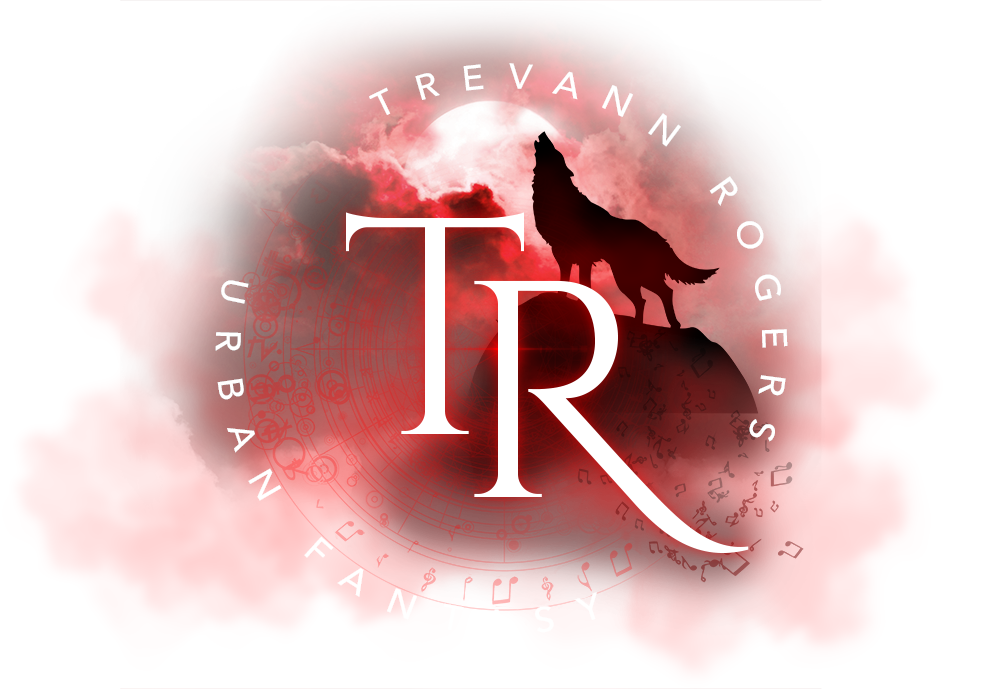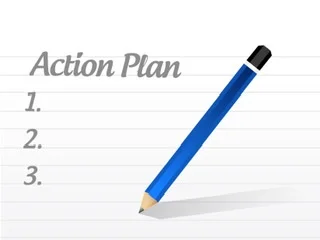Three Ways to Sabotage Your Resolutions
Admit it. You made a New Year’s resolution or two. Like so many of us, you looked back at last year and found things you wished you’d accomplished, or want to do differently in the upcoming year. “I want to lose weight.” “We need to save money.” “I’m going to hit the gym/relax more/pay off my debt.”
Although we set out determined to achieve our objectives, often our energy and focus quickly start to fade. We get in our own way, sabotaging our progress well before we’ve really gotten started. Here’s how:
1. Our intentions are vague. If we don’t know precisely what we want to accomplish and when we want to accomplish it, we won’t recognize when we’re done or whether or not we’ve been successful. How much weight do you want to lose? What amount of money do you need to save? By when?
Being specific gives us a clear target and offers clues as to how much effort we need to achieve it. Wanting to lose 20 pounds requires a very different level of effort than losing 50 lbs. For most of us, saving $100 is not quite the same as saving $1000.
Make sense?
2. The goal is too big. We all start off excited and filled with energy to make our vision real. If we don’t see progress, our motivation starts to evaporate. It gets exhausting to keep doing something you’re failing at. For example, paying off your credit cards is a good idea, but you can chip away at it for an extended period of time and not see any progress.
It’s important to break big goals and resolutions into smaller pieces that can be accomplished and celebrated. Pay that credit card down $250. Woohoo! Next step, $500! When we achieve these smaller goals, we feel great about what we’ve done and are motivated to keep going.
Still with me? Here’s the third and final mistake.
3. We don’t have a plan. Sure, I bet you can think of something you or someone you know accomplished successfully without a plan, and that’s awesome. When that happens, however, it’s because of enormous amounts of trial and error, reworking, and luck. Do you really want to rely on the possibility of those stars falling into alignment? Wouldn’t it be better to increase the probability of achieving your goal?
When you don’t have a plan, you can waste a lot of time, energy, and resources, and it isn’t likely you’ll succeed. When you have a well thought out plan, it increases your chance for success. If you want to lose weight, you might have to do some research about how many calories to eat each day, and what foods are best for you. With this knowledge, you can create an action plan we call a menu. If you want to save money, you need to determine how much you want to save and develop the plan—the budget—that can tell you how much to set aside each time you get paid and what, if anything, you might have to sacrifice.
You’ll be able to keep your resolutions if you are specific about what you want to do, break it into smaller chunks that will help you to stay motivated, and develop a doable action plan. I know this works—it’s how I wrote and sold my first book.
Good luck with your resolutions. You got this!




